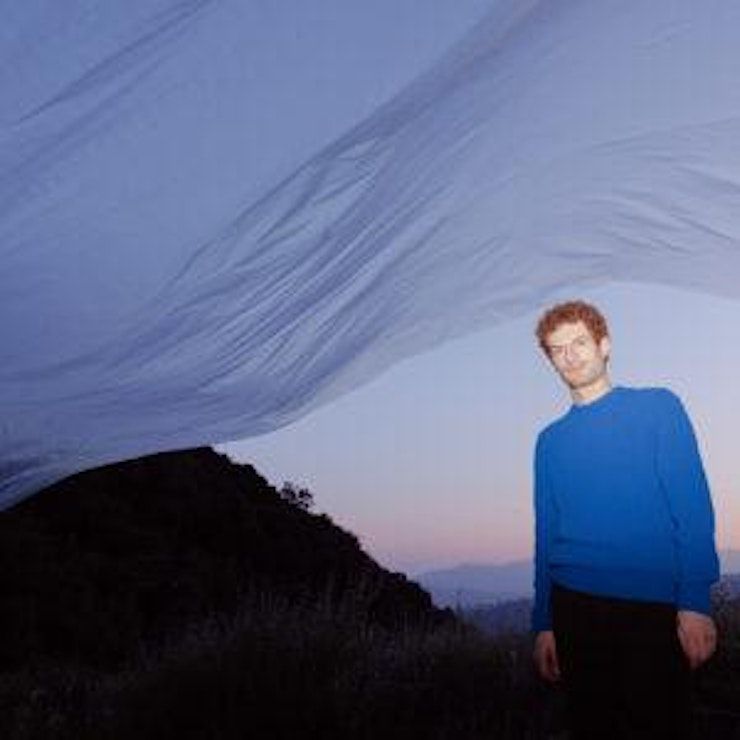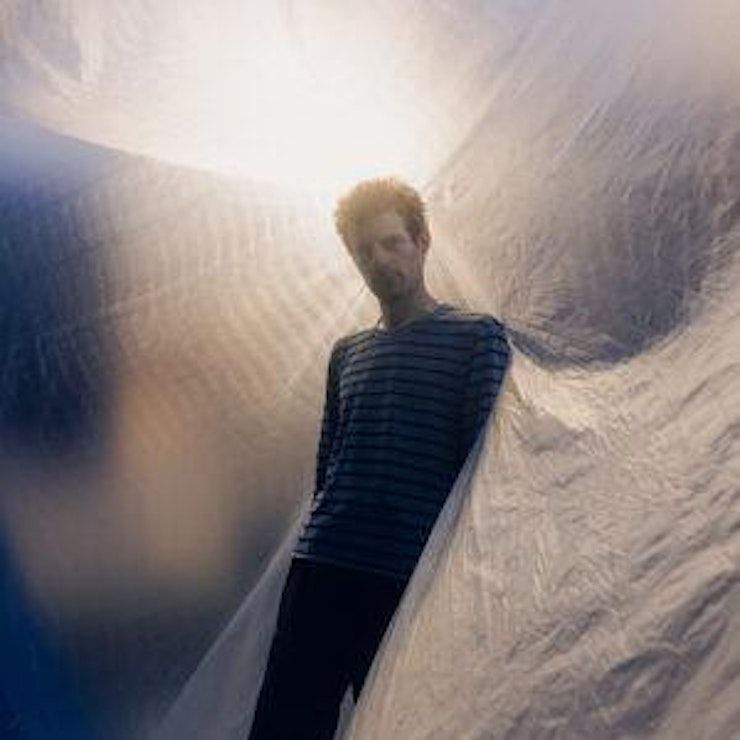PHOTAY
Schedule
Wed Oct 30 2024 at 07:00 pm to 11:30 pm
UTC-07:00Location
Popscene at The New Parish | Oakland, CA

About this Event
From the perspective of people who categorize music by genres and types, Evan Shornstein, better-known under his production moniker Photay, has created lots of different kinds of sounds over the past decade. There’s the Hudson Valley-raised, Los Angeles-based multi-instrumentalist composer’s quasi-IDM and electronic almost-pop tracks with the occasional vocal; the improvised organic and and experimental music sessions he participates in alongside new age giants, Laraaji and Carlos Niño; the diaspora electronic folk-jazz he makes with veteran musicians from all over the globe; and the disco and house adjacent records he tag-team DJs with Brooklyn producer Cesar Toribio and engineer Phil Moffa (who also masters all of Photay’s records — and those of dance-music dons around the world). But if you’ve listened closely to Shornstein’s prodigious output, you know that separating and classifying the work is actually contrary to the energy of Photay music. That what on-the-surface may lazily appear as differences, is actually brought together by a shared sonic warmth, a hardware pastoralism at play. Whatever category he engages, Photay makes outdoor music under the spell of the elements, for the purpose of different human movements — some physical, some spiritual, some emotional, some philosophical.
On Photay’s fifth solo album, Windswept, that pastoralist unity is even more explicit: It is an album about wind. The project began with the producer designing a synth patch to, in his words, “mimic the ‘wind’ as a powerful, deep, unpredictable and at times overwhelming spirit.” So use of that “wind” patch became Windswept’s instrumental throughline, and the element became the album’s thematic maypole. The natural world had always been one of Photay’s calling cards, and now it had invaded the machine, and his writing.
Shornstein comes to his naturalist aesthetic…well…naturally. He grew in Saugerties and Woodstock, New York, one of America’s historical epicenters of hippie idylls, environmentalist ideals, and new sonic ideas. This is not simply the parish of Big Pink, of a globally famous 1969 festival and other boomer fantasias, of tourist-ready tie-dye shops and organic food markets. Woodstock is also the birthplace of John Cage’s best-known piece (“4’33”) and the Maverick contemporary music festival; of Creative Music Studios, an improvisers collective co-founded in the early ‘70s by Ornette Coleman, Kale Berger and Ingrid Sertso; and was a longtime residence of the late Malcolm Cecil, inventor of TONTO, a self-built early super synthesizer, made famous on recordings by Stevie Wonder, Minnie Ripperton and Gil Scott-Heron, among many.
Consciously or not, Shornstein came of age under the shadow of all these markers. He played drums and percussion in high-school bands, going so far as to travel to Guinea during college to study drums and the balafon (a kind of West African xylophone), and picking the ilimba afterwards. And from his very first release in 2012, Photay embraced multi-cultural traditions, setting them next to electronic music’s sinuous beauty, deep bass and dance beats, but also alongside atmospheric field recordings and ceremonial rhythms. In Photay’s music, the natural, the global and the synthetic were another unified theory. Balearica, the next generation.
One reason that Windswept may especially feel like an organic solo statement is that the previous handful of projects Photay had been involved in were all explicitly collaborative. There was the new age improvisation albums with Niño and friends; there was the album he produced for London-based Indian-American drummer Sarathy Korwar; and there was WEMA, a kind of studio supergroup involving members of the Afro-Latin dance band Penya and Tanzanian gogo master Msafiri Zawose. Each of those projects took Shornstein in very specific directions he did not dictate. Windswept was a response to those experiences, an opportunity to reconnect with his own vision, and apply newfound lessons.
The album is primarily reliant on electronic textures, yet with numerous friends adding instrumental touches. Some are common — Randall Fisher and Will Epstein on reeds and winds, Niño on percussion — while other are far-out — guitarist Nate Mercereau is credited with playing “Translucence” on the ghostly, Vangelis-like “Barely There,” while Portuguese folk artist Mariana Bragada plays the ocarina, a type of ceramic flute on the deep-space funky “Low Pressure System.” Windswept’s compositions were largely written-out and specifically produced, though a couple were also turned into “songs” out of improvised sections. But all were under the spell of the wind, of climate change and weather phenomena — from their titles on down. “Derecho,” the album’s first single, is a highly syncopated solo performance where a hi-hat and synthetic percussion groove play off an arpeggiated bass-sequencer; and which is named for a highly violent windstorm that accompanies thunderstorms (you may have read about the one that took place in Houston in mid-May 2024).
There is admittedly a higher quotient of direct-towards-dance-floor energy to Windswept than recent Photay recordings have featured. Stretches of tracks are moderately home-rave-ready: on “Air Lock,” playful string-like synth and flute melodies ascend to jungly breakbeats and to Shornstein’s autotuned vocal about “feel[ing] the state of things.” “Zephyr” opens with reserved, ambient-techno beats, before the pristine mix of drum-machine syncopations begins driving the western breeze towards a Detroit-style vibe. And after a beautiful percussive opening, “Low Pressure System” acquires a muted kick-drum and a synth-jazz-funk circle ensues, a barefoot summer backyard dance excelsior. But there are moments of reservation as well, and of Evan’s voice embracing the moment. The one-man autotuned-chorus of the acapella “Forecast” opens the album by gently setting the narrative tone, of natural currents and human feelings. While the closing “Still Existing” brings those vocals back in the service of an expansively beautiful, multi-part, electronic pop miniature, with the wind carrying Laraaji’s piano and Epstein’s saxophone in and out of the foreground.
These bookends — gorgeously sweet melodies and tart textures, layered synths and instruments, off-kilter rhythms and treated voices, all gliding from structure into another — contain much of the warmth and fresh-air that’s made Photay’s various sounds so distinctive and unified through the years. That they also encapsulate Windswept speaks volumes to where the producer is now.
– Piotr Orlov


Where is it happening?
Popscene at The New Parish, 1743 San Pablo Ave, Oakland, United StatesEvent Location & Nearby Stays:
USD 24.43




















